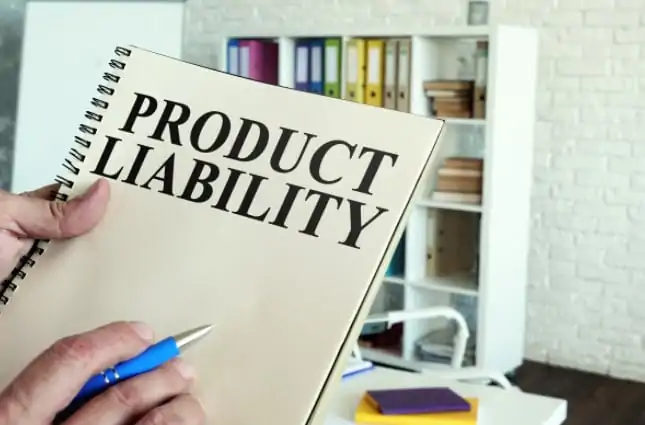What to Expect When You Go to Ocean County Small Claims Court?

If you’re filing a small claims lawsuit in Ocean County, you may be surprised at what to expect from the experience. Not only are there some specific local rules that apply only to Ocean County, but also the system as a whole is different than most other court systems in New Jersey and the United States. The following guide will tell you everything you need to know about what happens in an Ocean County small claims court and how it works so that you can win your case and get back on the right financial track.
Who Can File a Claim?
Anyone can file a claim. The person bringing the claim is called the plaintiff. The person or company that allegedly caused the plaintiff’s damages is called the defendant. If you are considering suing someone, it’s important to know that there are rules and limits on how much you can sue for and what type of damages you can collect.
How Much Can You Claim?
In most cases, the maximum amount you can claim in small claims court is $3,000. In New Jersey, this limit is set by state law. However, it’s important to note that different states have different limits for how much you can sue for in small cases. For instance, California allows you to sue for up to $7,500, and Florida allows you to sue for up to $5,000.
How Do I File a Claim?
If you want to file a claim in small claims court, you will need to come prepared with your evidence and a list of the damages that you are claiming. The process is relatively simple and only takes about 15 minutes. First, when you arrive at the courthouse, ask for the small claims clerk and tell them what kind of claim you want to file.
How Do I Serve the Defendant?
Once you have a plaintiff, defendant, and an amount of money in dispute between the two parties, you will need to serve the defendant with a summons. The summons is a notice that informs the defendant that they are being sued for damages and needs to appear in court on a specific date. If you are suing someone who lives outside of New Jersey, it is your responsibility as the plaintiff to make sure they are served with the summons. It is not always possible or necessary for the court or your lawyer to do this.
What Happens at the Hearing?
The hearing is your chance to tell the judge why you believe you deserve the money. You’ll also have a chance to ask any questions and present any evidence. The court will make a decision at the hearing, but it’s possible that they’ll need more time or a different type of information in order to come up with a final decision. If that’s the case, they may schedule another hearing or take some other action like ordering somebody else to come in and testify.
Conclusion
Going to small claims court can be a daunting experience, but it’s important that you go. If you don’t show up, the judge will most likely rule against you by default. Make sure that you know what you’re going for and have all of your paperwork in order before heading down there. It’s also a good idea to bring someone with you, as it can be intimidating going alone. Remember that this is about your time and money, so make sure that you stand up for yourself.




